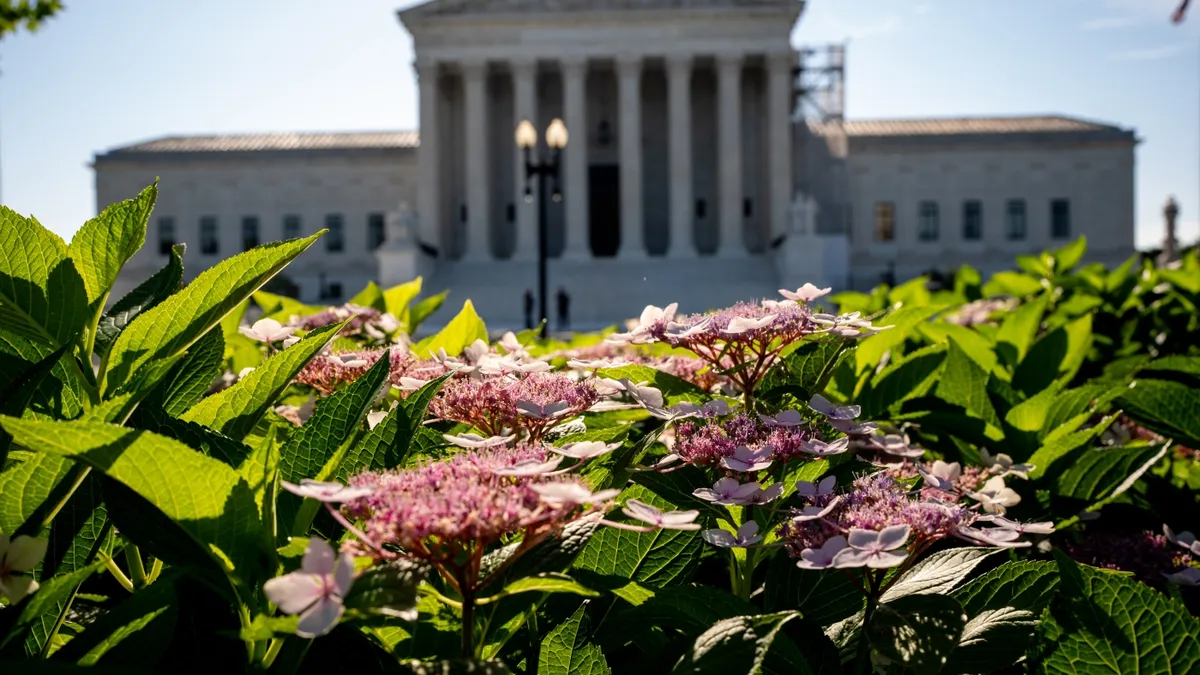
In a significant ruling that highlights the ongoing culture clash in American education, the Supreme Court decided on Friday that school systems must currently provide an opt-out provision for parents. This allows parents to excuse their children from classes where course material conflicts with their religious beliefs. The decision passed with a 6-3 vote, largely along ideological lines, and it has raised concerns among public school boards, administrators, and teachers regarding how to effectively manage various opt-out requests.
The focal point of this ruling was the Montgomery County, Maryland school system, which is notable for being the most religiously diverse county in the United States, serving approximately 160,000 students from various faith backgrounds. A group of parents took legal action against the school board, aiming to exempt their elementary school children from classes that included reading materials featuring LGBTQ characters. These parents contended that the absence of an opt-out provision infringed upon their First Amendment rights to freely practice their religion.
Justice Samuel Alito, writing for the court's majority, supported the parents' claims. He stated that those challenging the school board's decision to introduce LGBTQ-inclusive storybooks, as well as its refusal to allow opt-outs, should be permitted to excuse their children from classes associated with these books while legal proceedings are ongoing. Alito opined that the parents are likely to succeed in proving that the board's policies unconstitutionally burden their exercise of religion. He emphasized that the storybooks convey a normative message that seeks to dissociate gender from biological sex, which contradicts the religious beliefs of the parents involved.
In contrast, Justice Sonia Sotomayor, representing the three liberal justices on the court, criticized the majority opinion. She argued that the ruling risks isolating children from the rich tapestry of America’s multicultural society within public schools, a factor she deemed essential for the nation's civic vitality. Sotomayor warned that if children are shielded from diverse ideas and concepts that may challenge their parents' religious beliefs, it could hinder their understanding of the world around them.
The Montgomery County school board, supported by other parents, contended that implementing opt-out provisions proved impractical. The board had initially allowed parents to exempt their children from specific lesson plans; however, it later rescinded this option when accommodating such requests became too complex and disruptive. The board explained that while facilitating single-class opt-outs, similar to those provided for sex education, is manageable, it becomes significantly more challenging to excuse students every time a book includes references to same-sex parents or LGBTQ children.
This ruling has far-reaching implications for the intersection of education, religion, and parental rights in public schools. As the Supreme Court continues to define the boundaries of these complex issues, school systems across the nation will need to navigate the delicate balance between respecting religious beliefs and promoting inclusivity in educational materials. The ongoing legal discourse surrounding this issue will undoubtedly shape the future of educational policies and practices regarding opt-out provisions nationwide.